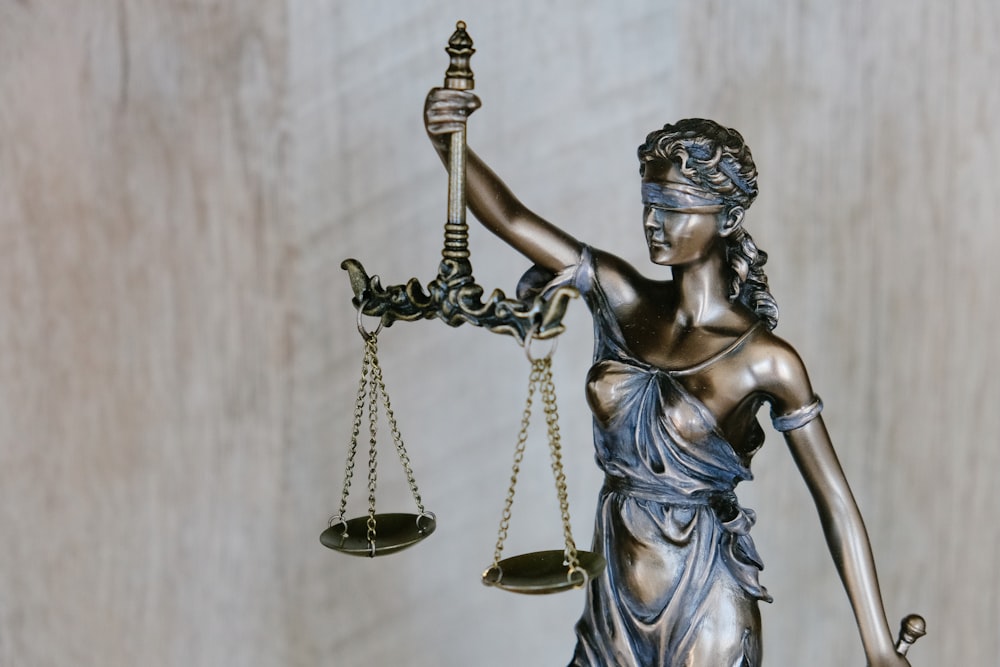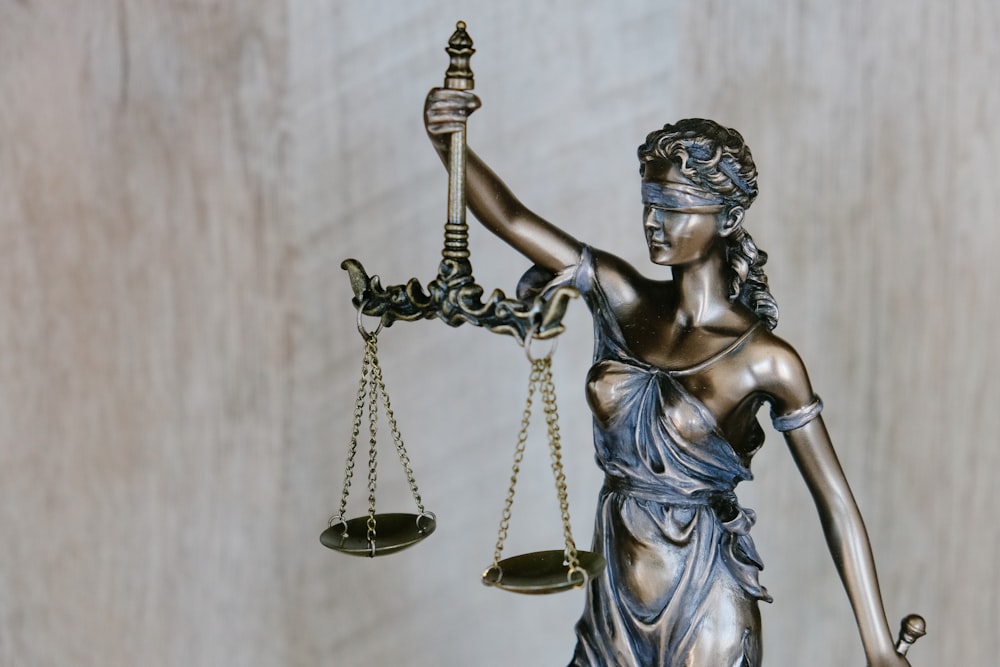Understanding the Basics of Tort Liability
Introduction to Tort Law
Tort law is a fundamental aspect of civil law that governs the legal obligations between individuals and entities. It encompasses a wide range of wrongful acts, or torts, that result in harm or injury to others. Exploring tort liability involves understanding the key concepts and practices that underpin this area of law, including the types of torts, elements of liability, and available legal remedies.
Types of Torts
Torts can be broadly categorized into three main types: intentional torts, negligence, and strict liability. Intentional torts involve deliberate actions that result in harm to another person or property, such as assault, battery, defamation, and trespass. Negligence occurs when a person fails to exercise reasonable care, resulting in foreseeable harm to others. Strict liability imposes liability without proof of fault, typically in cases involving ultra-hazardous activities or defective products.
Elements of Tort Liability
To establish tort liability, certain elements must be proven, depending on the type of tort alleged. For intentional torts, the plaintiff must demonstrate that the defendant intended to commit the wrongful act and caused harm as a result. In negligence cases, the plaintiff must prove duty of care, breach of duty, causation, and damages. Strict liability cases focus on the defendant’s conduct and the resulting harm, without requiring proof of fault or negligence.
Legal Remedies for Tortious Acts
When a person or entity commits a tort, the injured party may seek legal remedies to compensate for the harm suffered. Common remedies in tort law include monetary damages, injunctive relief, and restitution. Compensatory damages aim to compensate the plaintiff for the losses incurred, including medical expenses, lost wages, pain and suffering, and property damage. In cases involving intentional or egregious conduct, punitive damages may be awarded to punish the wrongdoer and deter similar conduct in the future.
Defenses to Tort Liability
Defendants in tort cases may raise various defenses to avoid liability or mitigate damages. Common defenses include lack of duty, comparative or contributory negligence, assumption of risk, and statutory immunities. Defendants may also argue that the plaintiff’s own actions or conduct contributed to the harm suffered, thereby reducing or eliminating their liability. Understanding available defenses is crucial for both plaintiffs and defendants in tort litigation.
Legal Challenges and Controversies
Tort law is not without its challenges and controversies, particularly concerning issues such as tort reform, the scope of liability, and the balancing of competing interests. Proponents of tort reform advocate for measures to limit liability, cap damages, and streamline litigation processes, citing concerns about excessive litigation, rising insurance costs, and the impact on businesses and healthcare providers. Critics argue that such reforms may undermine access to justice and diminish accountability for wrongful conduct.
Tort Law in Practice
In practice, tort law plays a vital role in holding individuals and entities accountable for their actions, promoting safety, and compensating victims of wrongful conduct. Legal practitioners, including attorneys, judges, and juries, play a crucial role in adjudicating tort claims, applying legal principles, and ensuring justice for injured parties. Tort litigation encompasses a wide range of cases, from personal injury claims to product liability lawsuits, medical malpractice claims, and premises liability disputes.
Conclusion
In conclusion, exploring tort liability involves understanding the key concepts, principles, and practices that govern this area of civil law. From intentional torts to negligence and strict liability, tort law provides a legal framework for addressing harm and injury caused by wrongful conduct. By understanding the elements of tort liability, available legal remedies, defenses, and the challenges facing tort law, individuals and entities can navigate legal disputes effectively and seek justice for injuries suffered. Read more about Tort law





